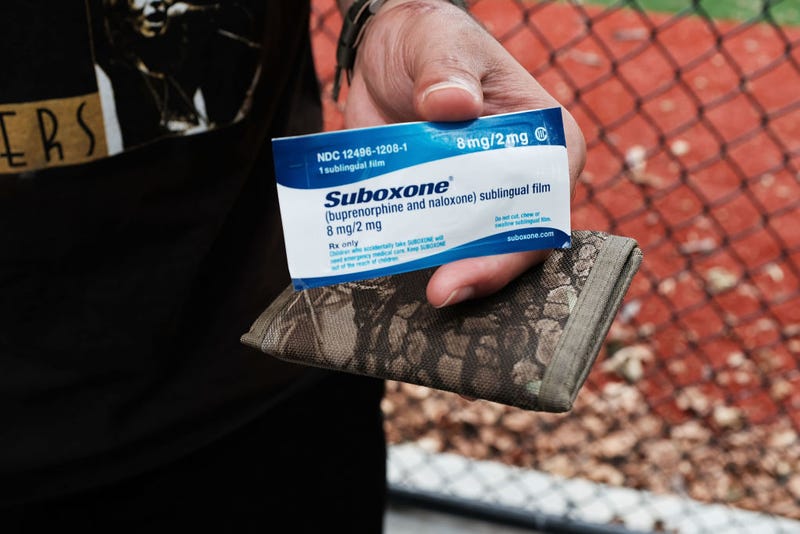
With the COVID-19 public health emergency set to end in May, changes are also expected to come in regards to telemedicine, which was expanded during the pandemic.
These changes could have a significant impact on addicts seeking treatment such as buprenorphine (an ingredient in Suboxone), a medication used to treat opioid use disorder. Dr. Joe Kanter, Louisiana State Health Officer, explained what might happen this week with WWL’s Newell Normand.
“This is the issue,” said Kanter. “During the pandemic, a lot of the telemedicine laws were relaxed for good reason,” to prevent the spread of infection.
When telemedicine expanded, access to addiction treatment also opened up.
“People that needed addiction treatment had a much easier time getting that through telemedicine services for people [taking] Suboxone and so forth,” Kanter explained. “With the wind down of the federal public health emergency, you know, those relaxation of the telemedicine provisions are set to go away.”
However, the Drug Enforcement Agency released a proposed rule earlier this month that would “expand the circumstances under which individual practitioners are authorized to prescribe schedule III-V narcotic drugs or combinations of such drugs that have been approved for use in continuous medical treatment (also referred to as maintenance) or withdrawal management treatment (also referred to as detoxification) – via a telemedicine encounter, including an audio-only telemedicine encounter.”
Normand noted that the proposal has been greeted with a mixed reaction.
“It’s a good conversation to have because, you know, and I think there’s valid concerns on both sides,” said Kanter.
While he said the medicine is a life-saving resource for people who need it, there are concerns about people getting telemedicine prescriptions to then sell the drug as well as other types of abuse. Deaths from drug overdoses increased 30% during the first year of the pandemic and have remained high.
“You know, look, there are plenty of, you know, unscrupulous docs out there that prescribe things online to make a buck,” said Kanter. “They're not just related to addiction treatment. They’re all over the place for all types of stuff. That’s true. Whether or not that justifies cutting off the access for people that need it. Again… I don’t know.”
Kanter and Normand also discussed the possible trajectory of COVID-19 as we prepare to enter the post-pandemic era.
“We still haven't yet seen COVID fall in to this traditional seasonal pattern that we see with respiratory viruses where, you know, it goes up in the winter and down in the summer,” Kanter said. “And we’ve had seven surges here in Louisiana covering all four seasons. It hasn't yet fallen into that seasonal pattern, but most people think it will,” just like the 1918 flu pandemic.
Listen to the full conversation here.

